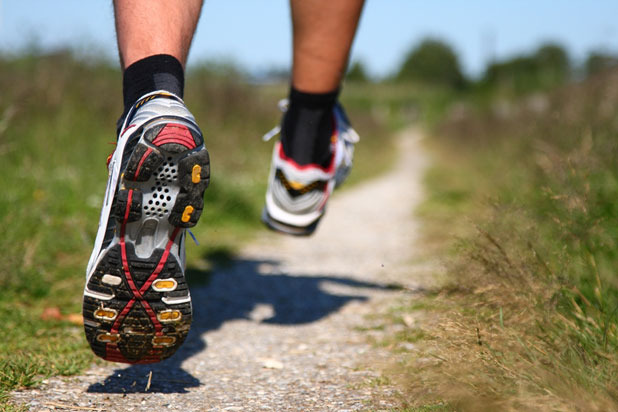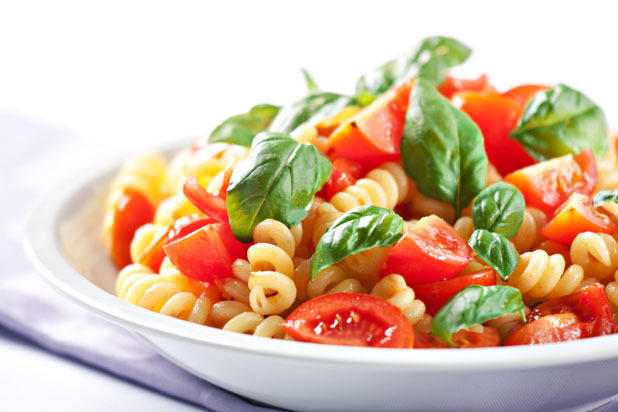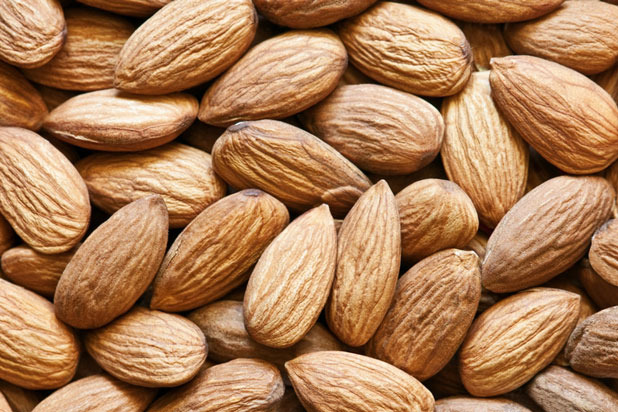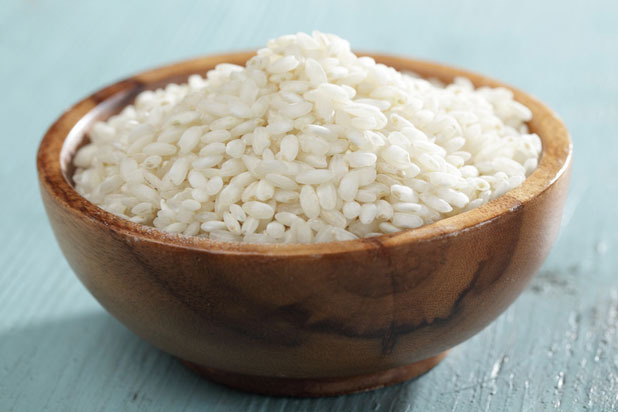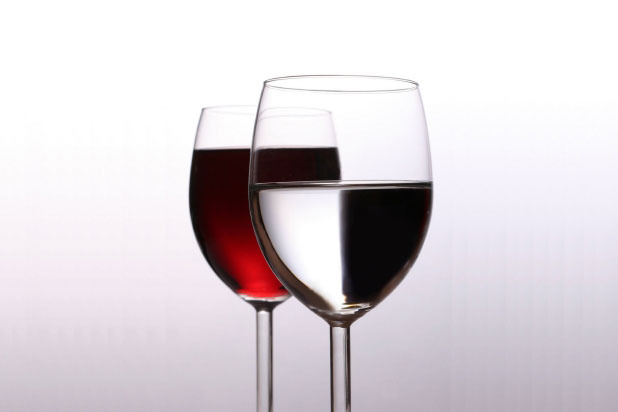How To Eat Well While Training For A Marathon Slideshow
During his physical transformation, Joe stopped looking at food as a reward for a job well done and started seeing it as fuel for athletic pursuits. That mentality allows him to eat in moderation, despite being surrounded by gourmet food all day.
Don't Give Up Foods That Taste Good
"For me, it is about eating what I always loved, the beauty and bounty of the Italian table," Bastianich explained. That includes carbs. "I am always eating pasta, The simpler the better."
Italian dishes, for example, lend themselves to an athlete's diet because they are usually composed of three to four fresh ingredients warmed up, like a delicious spaghetti in a delicate sauce of San Marzano tomatoes, a splash of oil, and shards of Grana Padano. In it, you have carbs, protein, little fat, and a lot of flavor.
Real Foods Can Be Nutritional Alternatives to Supplements
On Bastianich's training rides, he prefers to keep it real and eschews supplements. "When I'm biking, one of my favorite jersey snacks is Grana and almonds," he explains. "If I'm going long, like on a 60- to 80-mile ride, I'll take two peanut butter sandwiches."
Bust Out of the Pre- and Post-Race Pasta Rut
When Bastianich has a big run the next day, his energy meal is Arborio rice drizzled in olive oil, honey, and a little soymilk. It's a welcome, carb-heavy respite for those looking for something different than noodles. Afterwards, he likes to fill up with a steak served over an arugula, olive oil, and shaved aged cheese salad.
Cut Back on Alcohol Leading Up to the Race
While Bastianich eats what he wants, he still makes a few diet sacrifices leading up to marathons. "Normally, I drink a bottle of wine a day, a glass of wine with lunch, and two glasses at dinner," he said. "When I'm getting close to a race, I don't cut out wine completely, but I might only have one glass — that seems reasonable, right?" Replace the vino with agua to properly hydrate all the way to the starting line.
